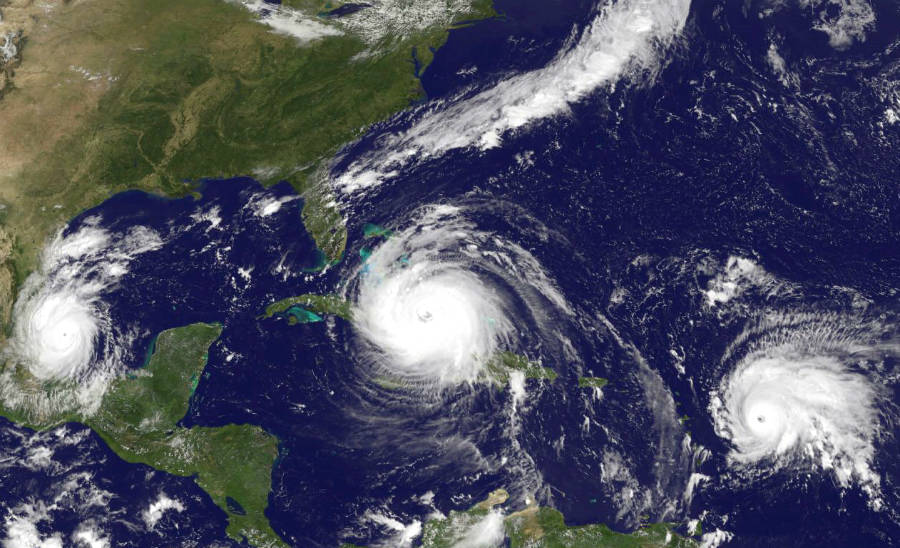At Public Books, political theorist Claire Sagan enumerates the shortcomings of the term “Anthropocene” and its associated discourse. Among these shortcomings, Sagan notes that the term implies that human civilization as such is responsible for climate change, when it is really industrial capitalism, which has existed for only a fraction of human civilization. Ultimately, Sagan argues that “Anthropocene” obscures not only the causes of climate catastrophe, but also the way out. Here’s an excerpt:
First, I propose that we abandon our faith in the objectivity and reliability of the IPCC’s (Intergovernmental Panel on Climate Change) predictive models, which the philosopher Emilie Hache recently described as a kind of “futurology.” In particular, it is important that we move beyond the capitalocentrism of the IPCC’s reports, which tend to interpret both past and future only in terms of how they relate to market economies (as if the “development” of capitalism were somehow the inevitable telos of all human history, or a final chapter that is to be endlessly repeated in the future). Along these lines, we might also note that in describing climate change as anthropogenic, the IPCC’s reports conceal the fact that it is industrial capitalism, not Homo Sapiens in general, that is to blame for climate change. Lastly, it is also the case that in the various scenarios that depict possible futures, the IPCC’s predictive models systematically assume the continued hegemony of capitalism, thereby ruling out the (very tangible) possibility of its displacement, whether by socialism, barbarism, or something else.
Ideally, we might expect that describing climate change as “anthropogenic” could help us realize that the humanism of Anthropos is inseparable from the history of capitalism and the figure of Homo Oeconomicus, and we would, thus, realize that this humanism is more historically contingent than universal. But as I have proposed elsewhere, it is better to speak of capitalogenic rather than anthropogenic climate change. This is, in fact, a crucial corrective, for the accuracy or inaccuracy of our diagnoses will determine the viability of our adaptation strategies. Moreover, it is only by abandoning the capitalocentrism of existing narratives that we stand a chance to recognize the necessity for us to move beyond capitalism itself.
Image via Inside Climate News.
